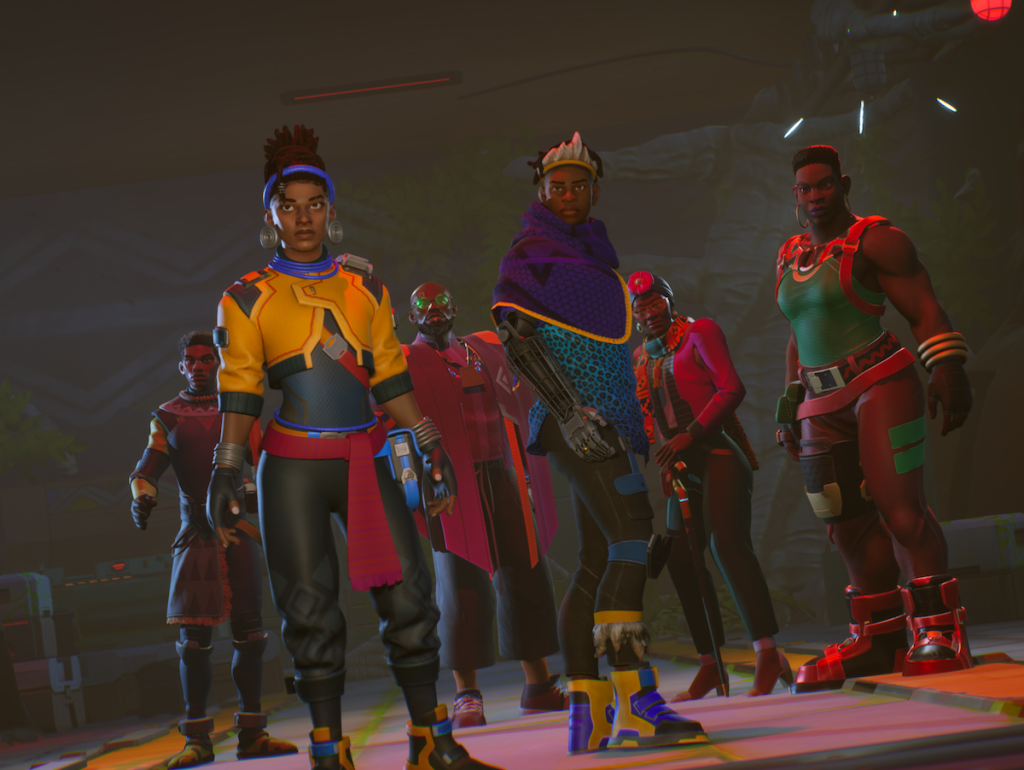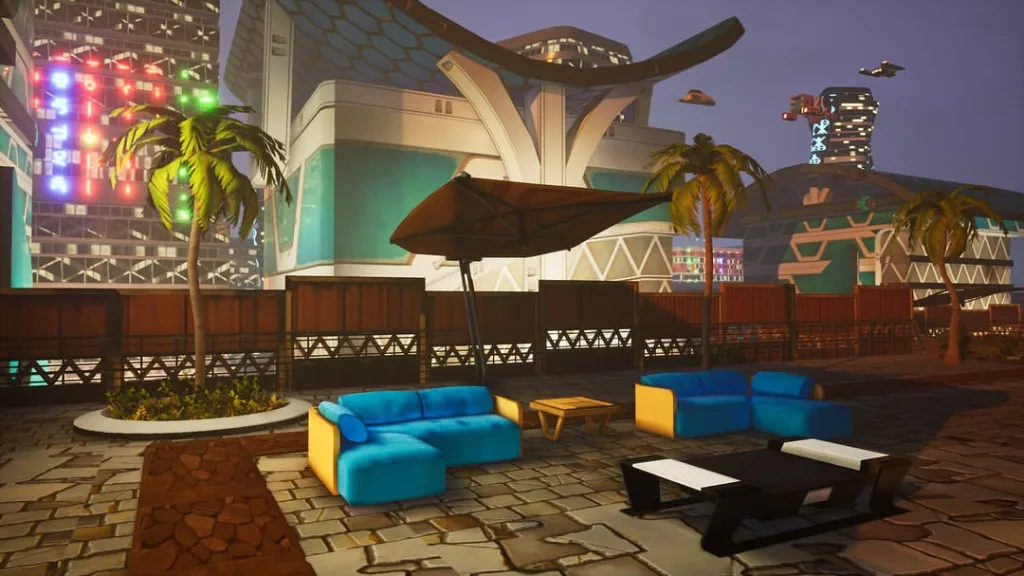What if Africans stopped waiting for Western museums to return their stolen artifacts, and took them back instead?
That’s the premise behind Relooted, a bold new video game by Johannesburg-based studio Nyamakop. Players form a stealth crew, infiltrate guarded museums, and reclaim looted African artifacts-each based on real items still held in Western collections.

Set in a near-future where a global treaty promises restitution, the game reveals how institutions exploit loopholes to keep stolen objects hidden in private storage. In response, players must outwit security to bring these treasures home.
Nyamakop, known for its 2018 platformer Semblance, built the game around 70 real-world African artifacts. These include items taken during colonial expeditions and displayed in European museums for over a century. After each mission, players can inspect the artifacts in detail and read historical background information. This design choice gives the game an educational function beyond its entertainment value.

Each level requires strategy. Players must study guard routes, bypass security systems, and use parkour-style movement to navigate museum spaces. Every crew member comes with specific skills such as hacking or lock-picking, making team composition important for success.
Although Relooted is a fictional game, its foundation draws from real-world struggles over cultural heritage. According to a 2018 French report, an estimated 90% of sub-Saharan Africa’s cultural patrimony remains in European institutions. Countries such as Nigeria and Benin have made formal appeals for the return of looted artifacts. While institutions have repatriated a handful, the overwhelming majority remain abroad.
Within the game, the process of cultural recovery begins with information. Each artifact that players retrieve is modeled on an actual object housed in a Western museum. Some are hidden away in storage for decades, others largely forgotten.
“We want to give people information about how important these artifacts were to the people they were taken from,” explained Ben Myres, the game’s creative director to Epic Games. “And then people can make their own decisions if they think the artifacts should stay in the museums or not.”
To support this goal, the development team built an extensive digital archive by bringing together photographs, historical records, and fragmented research in order to reconstruct each object in 3D. While the game’s museums are fictional, the African locations mirror real-world geography. Furthermore, each reclaimed artifact is accompanied by a concise historical annotation at the player’s home base. “Even creating these short descriptions was a challenge,” Myres noted, pointing to the deep layers of untold stories that surround every piece.

By focusing on stealth and teamwork rather than violence, the game presents cultural recovery as a matter of skill and urgency rather than conflict. According to the developers, the game does not aim to promote revenge but to encourage discussion about what justice might look like.
So far, Relooted has not announced an official release date. However, it is available to wishlist on Steam and has received early attention at indie game showcases. For now, it offers a new way to engage with a long-standing debate—through play, imagination, and a rethinking of history.


